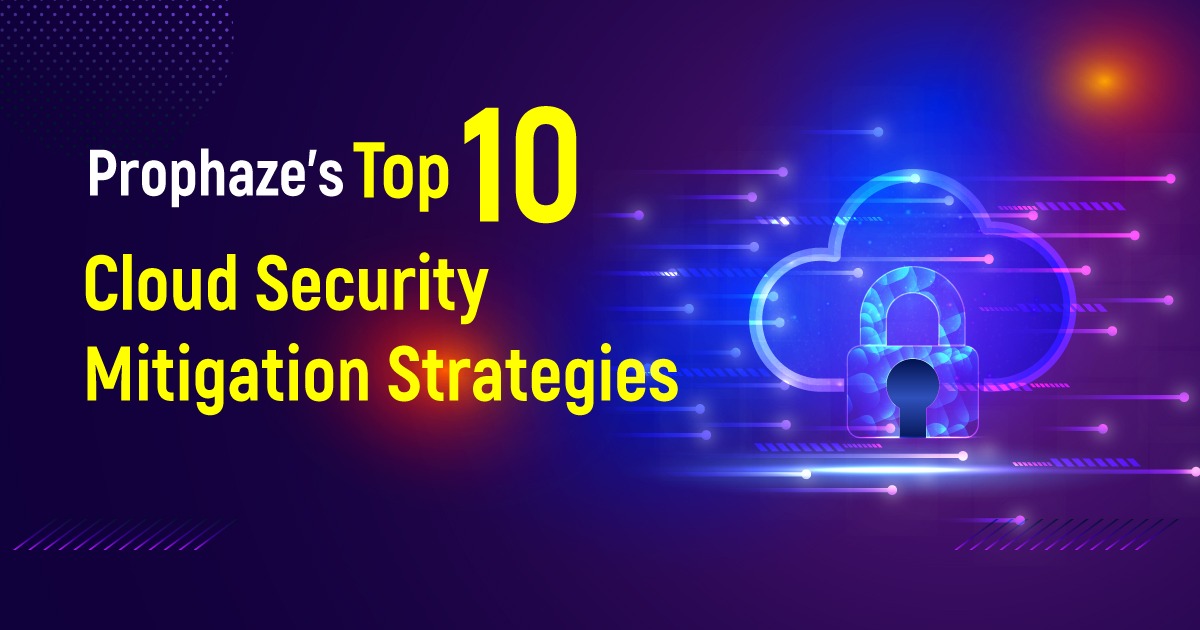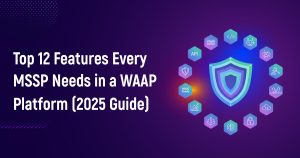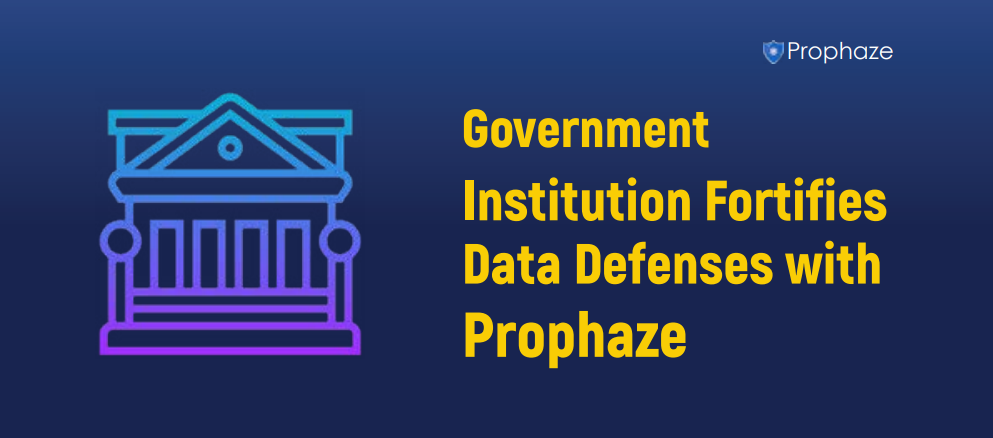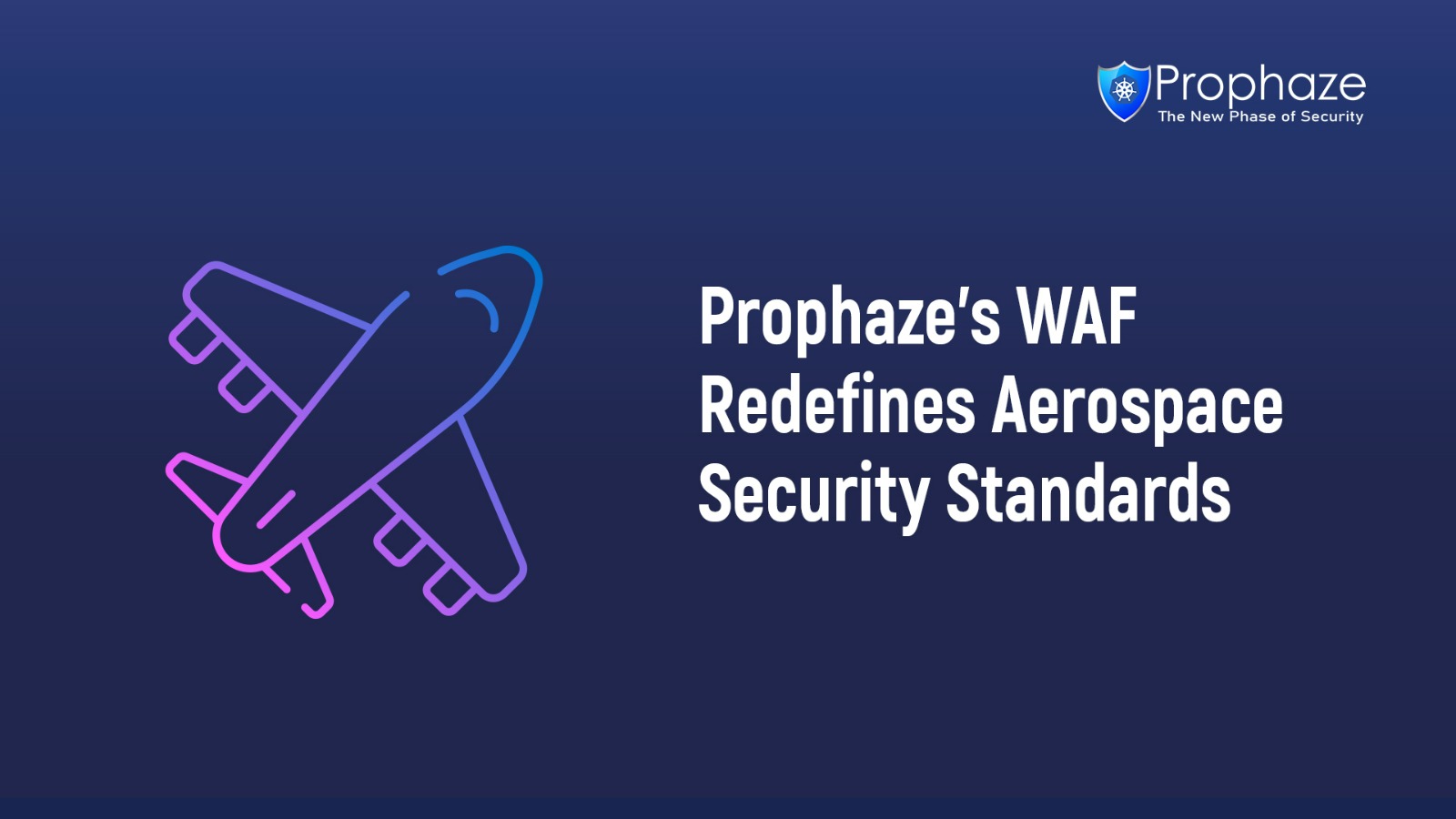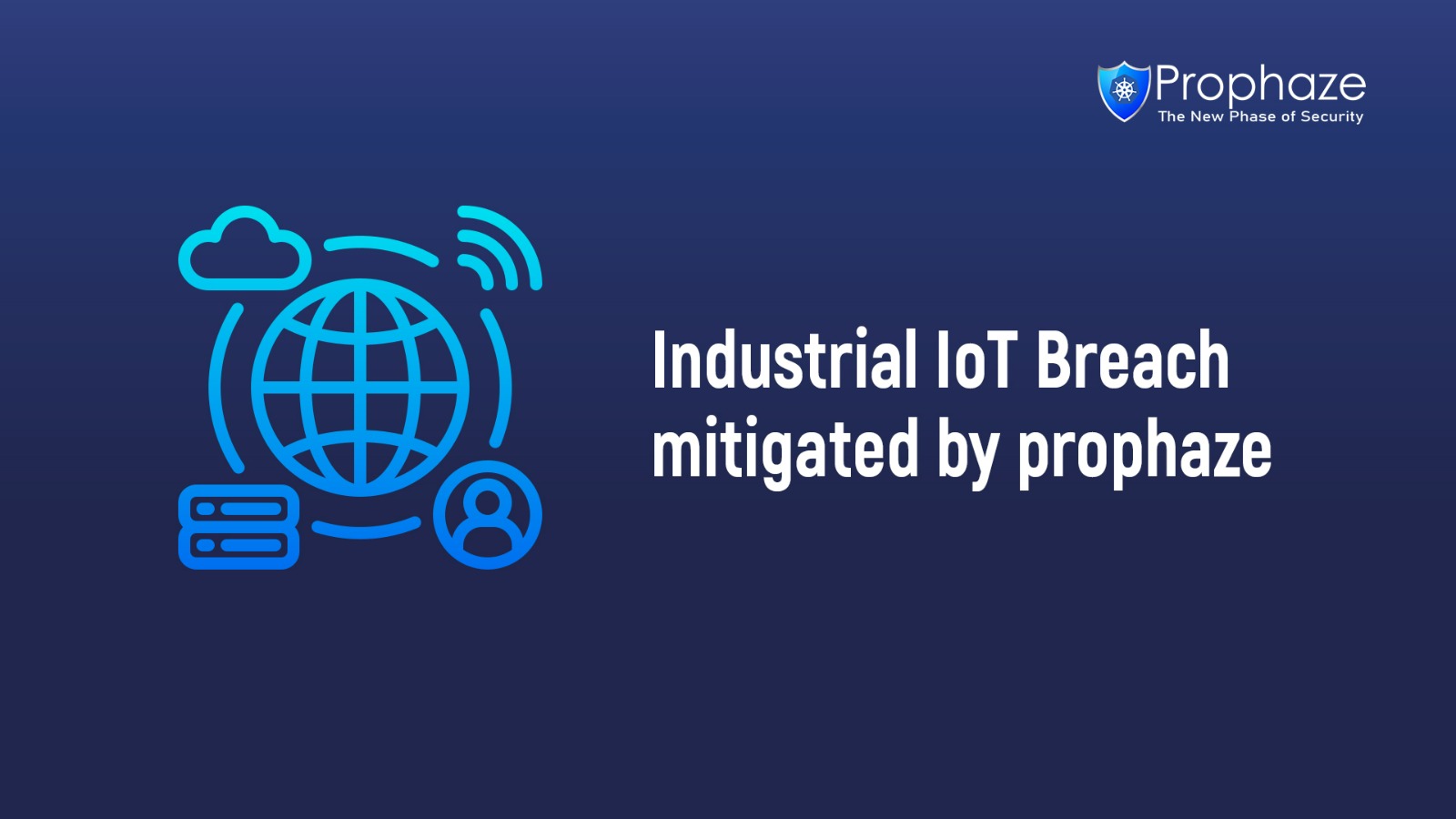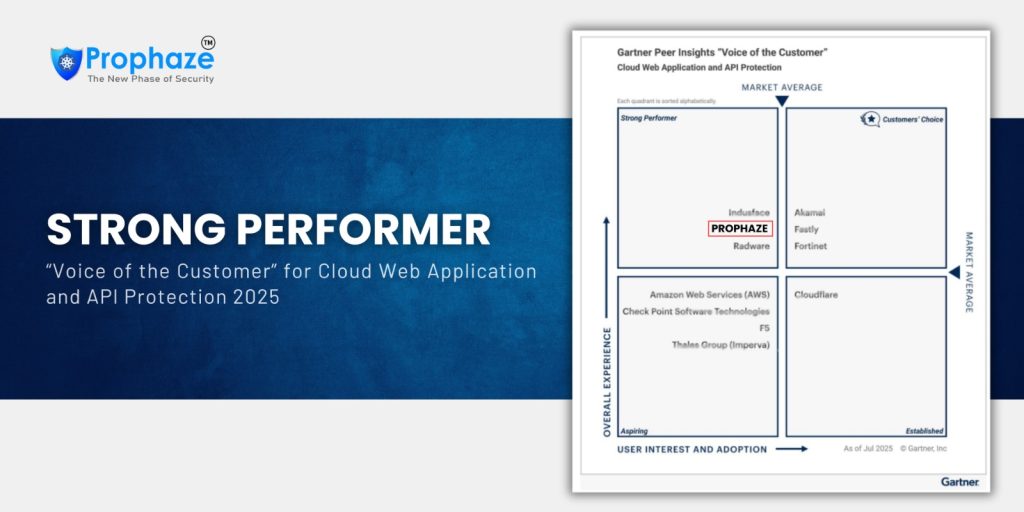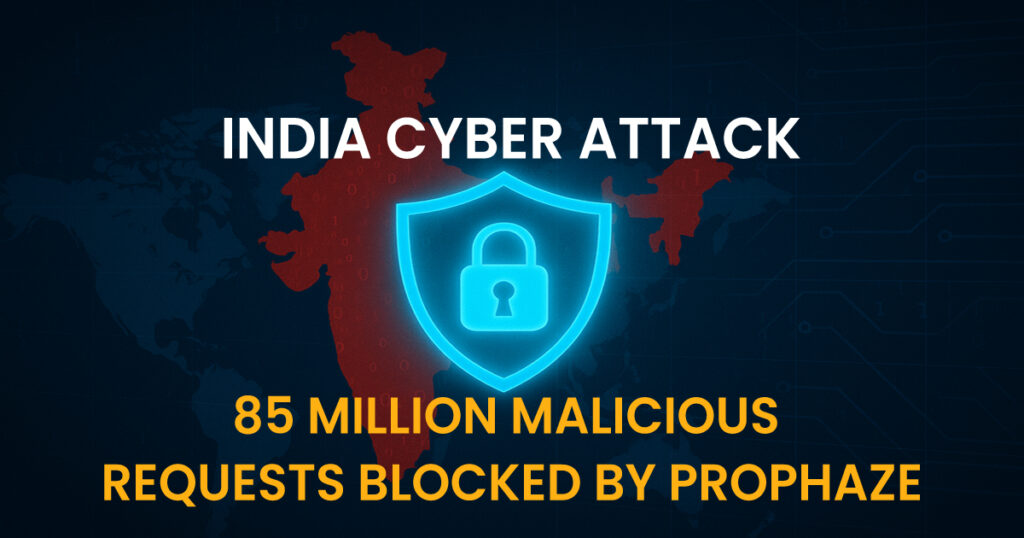Navigating Cloud Security Challenges
In today’s digital landscape, the migration to cloud environments has become a cornerstone of modern business operations. However, as organizations venture into hybrid and multi-cloud setups, they are confronted with a myriad of security concerns. From misconfigurations to data breaches, the stakes are high, emphasizing the need for robust security measures.
To address these challenges, IT managed services have become indispensable in securing cloud environments. By leveraging specialized expertise and continuous monitoring, these services provide businesses with the proactive support they need to safeguard their data. With the complexity of managing multi-cloud and hybrid systems, having an experienced team at the helm significantly reduces the risk of security lapses that could otherwise compromise an organization’s sensitive information.
For companies seeking a comprehensive solution, this website, Orillia-Computer, offers tailored IT managed services designed to fortify cloud environments. Their services provide a seamless integration of security practices that address the unique risks associated with hybrid cloud infrastructures. With a focus on compliance, data integrity, and protection, Orillia-Computer ensures businesses can confidently scale their cloud operations without sacrificing security.
Acknowledging the urgency of this matter, Prophaze has curated a comprehensive compendium of the top 10 cloud security mitigation strategies. These strategies are designed to empower businesses in safeguarding their cloud infrastructure against ever-evolving threats.
Top Ten Cloud Security Mitigation Strategies
Adopting the Shared Responsibility Model:
Understanding the division of responsibilities between cloud service providers and customers is paramount. By establishing clear roles and obligations, organizations can ensure a holistic approach to security. Prophaze assists businesses in navigating this shared responsibility model, offering guidance on securing data and applications within their cloud environments.
Strengthening Identity and Access Management:
Implementing robust authentication mechanisms and access controls is crucial. Prophaze provides advanced identity management solutions, including multi-factor authentication (MFA) and role-based access control (RBAC), to fortify security measures and minimize the risk of unauthorized access.
Safeguarding Key Assets with Encryption:
Encryption is essential for data protection in the cloud. Prophaze offers secure key management practices and encryption services to preserve the confidentiality and integrity of sensitive information, both at rest and in transit.
Fortifying Networks through Segmentation and Encryption:
Segmenting cloud networks and encrypting data transmissions are vital strategies. These measures enhance the overall resilience of cloud environments against malicious attacks. For instance, organizations can implement virtual private clouds (VPCs) and network access controls to restrict access to sensitive resources.
Protecting Data Assets:
Classifying data and applying appropriate security controls are fundamental steps. Prophaze assists in implementing data classification policies and deploying data loss prevention (DLP) solutions to prevent data exfiltration and manipulation.
Securing Continuous Integration/Continuous Delivery Pipelines:
Integrating security checks into CI/CD pipelines is essential for identifying and remediating vulnerabilities early. Prophaze offers automated testing and code analysis tools to ensure the integrity and security of deployed applications.
Automating Deployment with Infrastructure as Code (IaC):
IaC enables organizations to automate and standardize infrastructure deployments securely. Prophaze assists in embedding security best practices into IaC templates, minimizing configuration errors, and enforcing compliance with security policies.
Addressing the Challenges of Hybrid and Multi-Cloud Environments:
Managing security across diverse cloud environments requires a unified approach. Prophaze provides cloud security posture management (CSPM) tools to monitor compliance and enforce security policies consistently across multiple cloud environments.
Evaluating Managed Service Providers (MSPs):
Partnering with MSPs can enhance operational efficiency but also introduces security risks. Prophaze assists in evaluating the security posture of MSPs and establishing clear contractual agreements to ensure accountability and transparency.
Leveraging Cloud Logs:
Centralizing and analyzing logs from cloud environments enables proactive threat detection and incident response. Prophaze offers robust logging and monitoring solutions to provide organizations with invaluable insights into potential security incidents, empowering them to take timely action.
Safeguarding Your Cloud Security to Mitigate Risks

Safeguarding cloud infrastructure demands a proactive and multifaceted approach. By adhering to the top 10 cloud security mitigation strategies outlined above, organizations can bolster their security posture and mitigate the risks associated with cloud adoption. Embracing these recommendations equips businesses with the resilience and vigilance needed to safeguard their digital assets in an ever-evolving threat landscape. Stay proactive stay secure.

